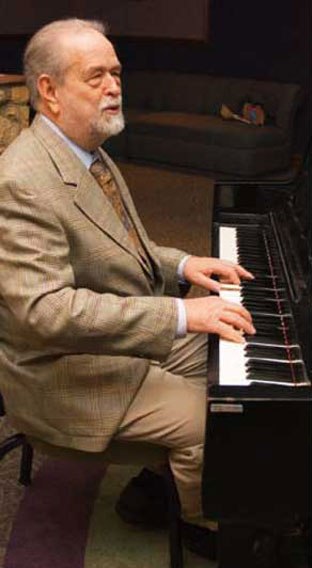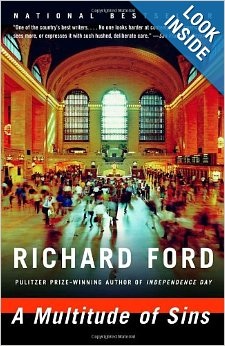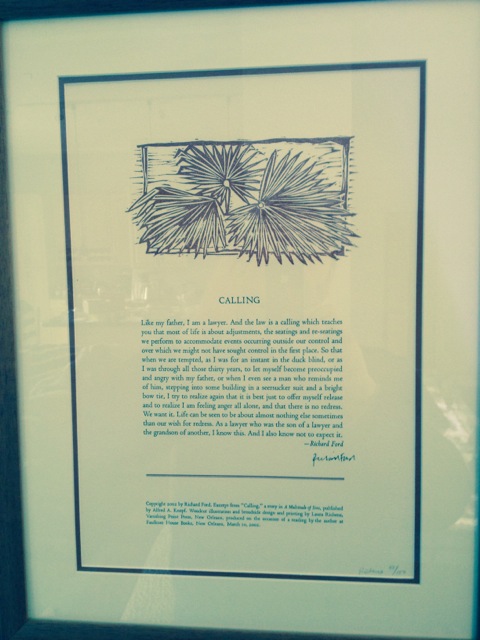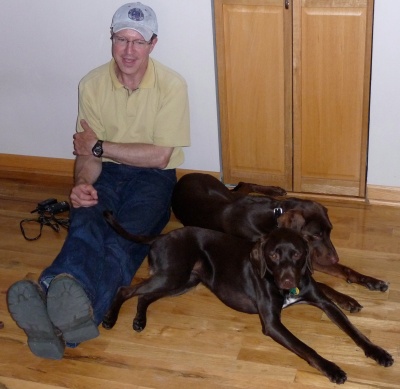Dad can't see me
February 20, 2014 • 20 Comments • Posted in blindness, careers/jobs for people who are blind, radio, Uncategorized, writingIf you’re one of the millions of Americans who’ve been watching hockey, curling and skiing on NBC the past couple of weeks, no doubt you’ve also seen a commercial for a new TV comedy about a father who is blind – a Deadline Hollywood article says 300 promotional spots for the new show will air before the Winter Olympics closing ceremonies this Sunday night.
“Growing up Fisher” has very talented people like Jason Bateman (executive producer) and David Schwimmer (director) behind it, and J.K. Simmons, a fine actor, plays the dad who is blind. It could be good, but if those commercials are any indication, I worry.
I’ve run across plenty of people raised by dads who are blind, and they have interesting stories to tell. Let’s start with
Molly Ringwald.. You know, the one in all those John Hughes movies in the 1980s? Her father is blind. My brother Doug is a professional jazz trombonist, and he introduced me to Molly’s father Bob Ringwald, a talented professional jazz pianist, years ago. Molly has written a few novels, and she was asked about her dad during an NPR interview about her books. She told Scott Simon that as a child she enjoyed sitting with him during movies and plays to describe the action. “I actually think that that informed my writing,” she said. “That’s something that I’ve done for so long, that it’s made me, perhaps, observe things in a different way.”
And then there’s Gore Vidal. After the famous writer and critic died in 2012, Bob Edwards Weekend replayed an interview conducted at Vidal’s home in Los Angeles in 2006. Vidal was raised by his grandfather, a U.S. Senator from Oklahoma. Sen. Thomas Gore was blind, and Vidal was ten years old when he started reading to him. “I read grown-up books to him: constitutional law, the Congressional Record, American history, poetry,” Vidal said. ”He was extraordinary, he was my education.” Vidal guided his grandfather to Senate hearings, and he said he didn’t dare fall asleep while sitting in the balcony waiting for the session to be over — at any moment his grandfather might give a hand signal to let young Vidal know to skedaddle down the Senate stairs to guide him to the bathroom.
Growing up with a father who is blind can be interesting, and funny, too, at times. A live performance of This American Life opened with Vancouver writer Ryan Knighton telling a story about a walk in the woods he took alone with his young daughter. Knighton is blind, and when she started screaming about a bear, he panicked. After weighing his options, he realized that her frantic cries of “bear!” were only in reaction to dropping her teddy bear on the sidewalk. Knighton’s most recent book C’mon Papa: Dispatches from a Dad in the Dark is full of funny — and frightening — stories of his first years as a father. His daughter Tess is seven years old now, and I’m sure she has some very entertaining stories to tell.
My friend Colleen was the first to call and tell me about the ads during the Olympics promoting the new blind dad TV comedy. My husband Mike confirmed that the commercial shows one scene of the father cutting a tree down with a chainsaw, and then another of him driving a car. I’m sure there are plenty of people who are blind who are looking forward to the premiere, I’m just not one of them.
Don’t get me wrong. I do hope Growing Up Fisher is good, and that the storytelling and substance outweighs the over-the-top driving and chainsaw gimmicks featured in the trailers, but I’m not going to count on it. When I really want to learn about what it’s like to be raised by fathers who can’t see, I’ll turn to the day-to-day stories of the Ringwalds, the Knightons, and the late Gore Vidal.




